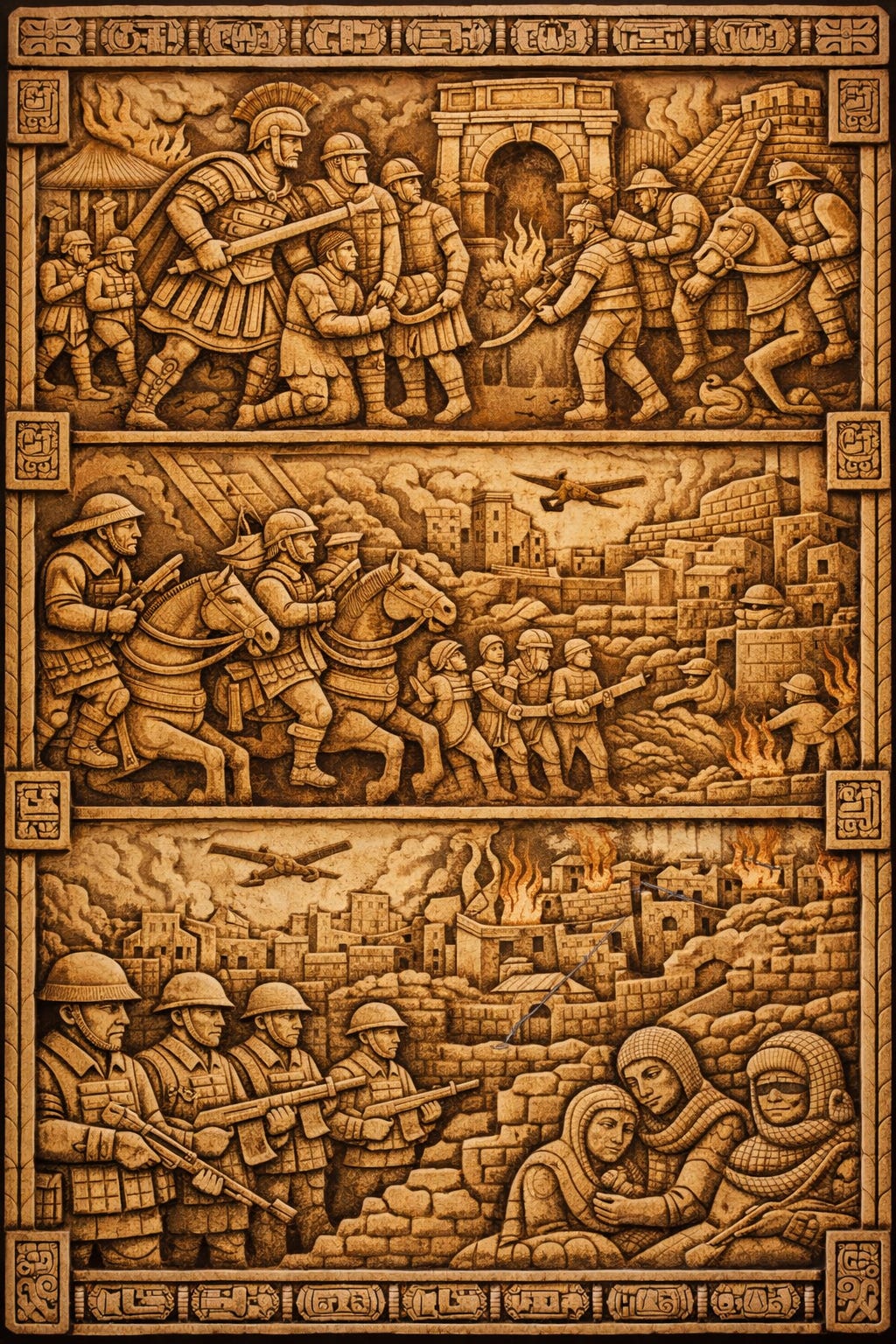Jorge Majfud, 13/8/2021
Translated by Andy Barton,
Tlaxcala
In a less-publicised article for future historians, on 25th February, the New York Times reported the words of the USAmerican government regarding its latest bombing campaign, according to whom “this proportionate military response was conducted together with diplomatic measures, including consultation with coalition partners”. Just like since the 19th century, the Anglo-Saxon government assumes, now without mentioning it, special global intervention rights to re-establish God’s order and profitable business. As the United States Democratic Review from New York published in 1858, in its article “Mexico’s destiny”, “this type of people does not know how to be free, and they will never know under they are educated by American democracy. For this reason, the master will govern them until, one day, they learn how to govern themselves… Providence obliges us to take control of that country… We are not going to take control of Mexico out of our own self-interest; this would be a joke that would be impossible to believe. No, we are going to take control Mexico for its own benefit, to help the eight million poor Mexicans who suffer due to despotism, anarchy and barbarism”.
Nine years earlier, Chicago’s Springfield diary analysed the offence committed by Mexicans of having gifted tax-free land to USAmerican citizens in Texas while ordering them, through ‘barbaric’ laws, to free their slaves: “our compatriots had the right to visit Mexico under the sacred right to trade”. The freedom of the masters of the land to the freedom of the market and the sacred right to private property. Nothing has changed, only the settings and the technological landscape due to the simple and inevitable progression of humanity since the turn of the millennium.












